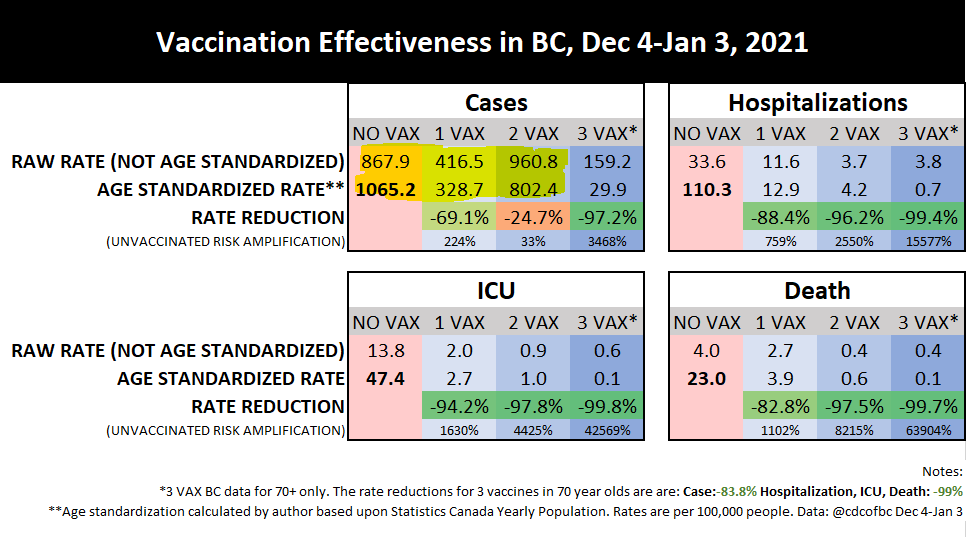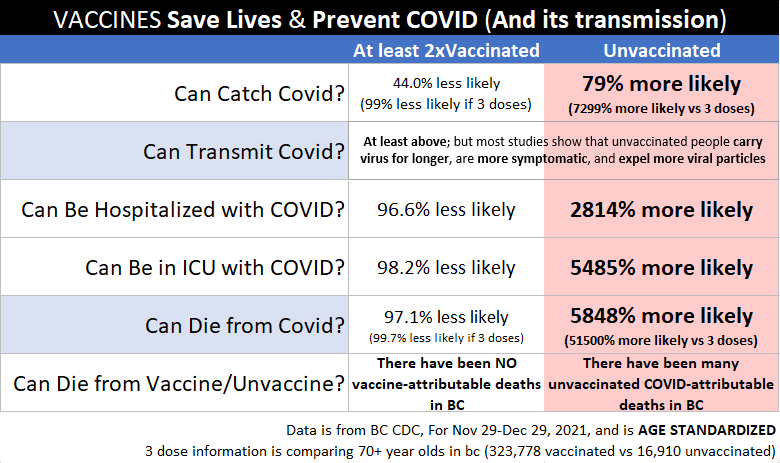
/1 A great summary given by the @mehdirhasan regarding the rhetoric around schools, "trauma," & kids' mental health. I was so pleased to see these nuances injected into the conversation.
I'd like to talk about a different aspect, but please watch first!
I'd like to talk about a different aspect, but please watch first!
https://twitter.com/mehdirhasan/status/1478906949630672896
/2 Wayyyyy back in July 2020 when schools were approaching I worked very hard to get the word out: schools are actually quite nuanced when it comes to kids' mental health. It still holds, and I'll be reiterating some of it here.
https://twitter.com/tylerblack32/status/1286713750624641027
/3 How about this CDC data (I compiled/visualized) of # pediatric suicides per day? School days are associated with a 40-50% increase in suicides compared to non-school days. 

/4 At my tertiary pediatric hospital, the times of least referrals, ER presentations, and emergency hospitalizations?
Summer break.
Winter holiday.
Spring break.
Easter weekend.
Summer break.
Winter holiday.
Spring break.
Easter weekend.
/5 Schools are GREAT and I love them (I did 26 years of schooling myself, I'm a supergeek!), and they bring SO MUCH POSITIVE... I cannot stress enough that I am PRO schooling LOVE KIDS in school...
/6 ...but think for a just a moment. Try to remember in the "before times": prior to the pandemic, did we have any mental health concerns about our kids, child suicides, racism, homophobia, declining mental health, etc?
/7 Did we, prior to COVID, believe "returning kids to school" would magically end their mental health crisis? Resoundingly, no.
In fact, one of the most common "prescriptions" I wrote for the kids I see in crisis? Time off school.
In fact, one of the most common "prescriptions" I wrote for the kids I see in crisis? Time off school.
/8 Because, for kids, school is a full time job. It has their future & hope & excellent qualities but it also has all their stress and social challenges. It's the things parents fight about with them and the expectations they try to meet.
School
Is
WORK
For
Most
Kids
!!!
School
Is
WORK
For
Most
Kids
!!!
/9 I get that the economy needs bodies working again, & that our kids may lose out on standardized test scores. And there might be many harms of school closures. But schooling is stressful AND COVID is stressful and adding the two together can be an awful lot to manage for kids.
/10 It's not "boo school closures/yay school open"! Nobody thinks that schools should be shut forever (well, some kids might vote for that, but we tend not to listen to what kids actually say anyway)!
The TRUE scenario: how to minimize stress to kids.
The TRUE scenario: how to minimize stress to kids.
https://twitter.com/tylerblack32/status/1478812879813955584
/11 Why can't we maximize virtual technologies and make them more available to free up in person class sizes to minimize spread for those who must absolutely attend?
Why can't we prioritize socialization and connection and healthy activities when these are likely most safe?
Why can't we prioritize socialization and connection and healthy activities when these are likely most safe?
/12 Our schools can gear our kids towards overwork, stress, burden, and many schools have:
* done little to stem the tide of bullying
* not added robust mental health curriculum, and
* piled on tons of work/homework
* maintained child-incompatible hours
* REMOVED arts/play
* done little to stem the tide of bullying
* not added robust mental health curriculum, and
* piled on tons of work/homework
* maintained child-incompatible hours
* REMOVED arts/play
/13 I would love to see the mental health aspect of this discussion move away from the simple "should they be in/out for their mental health" to the EXACT SAME THING workplaces and organizations are recognizing.
/14 Every single company, from TWITTER to MICROSOFT to JOHN DEERE to FOX NEWS to MSNBC to (in my world) pretty much every health care/hospital system, has figured out that the post-pandemic work environment will look different, with many improvements from lessons learned.
/15 Why can't parents / politicians / SDs / teachers see that the post-pandemic school can be different?
Is it so much for us to take the opportunity to ensure that the school that kids are returning to are not only COVID-safe (pssst covid is airborne), but also CHILD safe?
Is it so much for us to take the opportunity to ensure that the school that kids are returning to are not only COVID-safe (pssst covid is airborne), but also CHILD safe?
/16 like...
a) Is all that homework necessary?
b) is "one time for school" compatible with healthy family structures for all households?
c) could we spend significant time on a mental health curriculum to teach kids how to navigate the real world
a) Is all that homework necessary?
b) is "one time for school" compatible with healthy family structures for all households?
c) could we spend significant time on a mental health curriculum to teach kids how to navigate the real world
/17 ...
d) can we finally eliminate "attendance awards," which unhealthily rewards overwork & going to school when sick/too stressed forever?
e) are we certain school play/work balance is OK?
f) could modern technologies like video games/video tech help with education?
d) can we finally eliminate "attendance awards," which unhealthily rewards overwork & going to school when sick/too stressed forever?
e) are we certain school play/work balance is OK?
f) could modern technologies like video games/video tech help with education?
/18 I definitely don't have all the answers and literally A)-F) are just spitballed in the half hour that I typed all this.
Just remember: schools are also a source of stress and we have to consider the impact of adding stressors to stressed out kids.
Just remember: schools are also a source of stress and we have to consider the impact of adding stressors to stressed out kids.
/19 If all you remember is one thing, please add this to whatever calculus you learned in school for your decisionmaking.:
School and everything surrounding it is also stressful and pre-pandemic, it was also associated with significant childhood distress.
/fin
School and everything surrounding it is also stressful and pre-pandemic, it was also associated with significant childhood distress.
/fin
• • •
Missing some Tweet in this thread? You can try to
force a refresh












